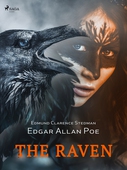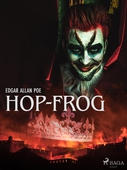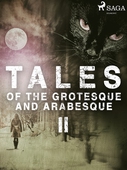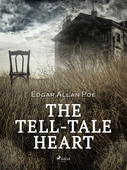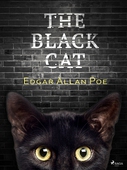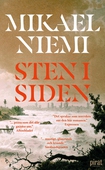
Lägg till önskelistan
A Tale of the Ragged Mountains (Horror Classics) e-bok
Pris
19 kr
An example of Poe’s mystery-laden and dream-oriented short stories, "A Tale of the Rugged Mountains" offers unique perspective on important notions at the time – mesmerism, alternative medicine, and time-travel. Throughout the narrative, the reader is constantly bombarded with picturesque descriptions, bizarre occurrences, and eerie sounds, turning the storytelling into some sort of a mesmeric procedure. Often criticized for its lack of lucidity and increasing reliance upon ambiguity, Poe’s s...
E-Bok
19 kr
Pris
Förlag
Saga Egmont
Utgiven
5 Oktober 2020
Längd
6 sidor
Genrer
Romaner, Skönlitteratur
Serie
Horror Classics
Språk
English
Format
epub
Kopieringsskydd
Vattenmärkt
ISBN
9788726586978
An example of Poe’s mystery-laden and dream-oriented short stories, "A Tale of the Rugged Mountains" offers unique perspective on important notions at the time – mesmerism, alternative medicine, and time-travel. Throughout the narrative, the reader is constantly bombarded with picturesque descriptions, bizarre occurrences, and eerie sounds, turning the storytelling into some sort of a mesmeric procedure. Often criticized for its lack of lucidity and increasing reliance upon ambiguity, Poe’s short story is a perfect supernatural work that can also trick the reader into believing that the happenings are quite real.
Edgar Allan Poe (1809-1849) was an American poet, author, and literary critic. Most famous for his poetry, short stories, and tales of the supernatural, mysterious, and macabre, he is also regarded as the inventor of the detective genre and a contributor to the emergence of science fiction, dark romanticism, and weird fiction. His most famous works include "The Raven" (1945), 'The Black Cat" (1943), and "The Gold-Bug" (1843).

